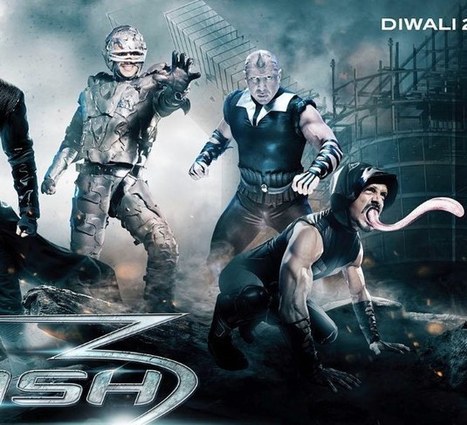Breaking Dawn Part 1 Movies Counter

1,850 words Twilight: Breaking Dawn, Part 1, is the fourth and penultimate movie of The Twilight Saga, based on Stephenie Meyer’s phenomenally popular series of novels. Worldwide, the Twilight novels have now sold more than 100 million copies; they have been translated into 37 languages; The Twilight Saga movies have grossed more than $2 billion. Meyer, I am sorry to say, is a terrible writer who nevertheless conceived a rather original and well-plotted take on the vampire and werewolf genres. Meyer, a Mormon mother of three, has also managed a master-stroke of conservative subversion of leftist cultural hegemony by packaging an essentially traditional (and biological) outlook on male and female psychology, sex, chastity, marriage, and now pregnancy, abortion, and childbirth in the form of Gothic horror novels and tricking the publishing industry and now Hollywood into marketing this message to millions of young and overwhelmingly white females.
Watch The Twilight Saga: Breaking Dawn - Part 2 movie trailers, exclusive videos, interviews from the cast, movie clips and more at TVGuide.com. The Twilight Saga: Breaking Dawn – Part 2 (commonly referred to as Breaking Dawn. The end credits present the cast members from all five films. 'The body count of the wolves escalates and because we're adding a great deal more hair.
The Twilight code is basically simple. Traditional sexual morals (which are rooted in biology) have been thoroughly corrupted by feminism and allied anti-natural attitudes, as well as the easy availability of birth-control and abortion. But, as Horace observed, you may drive nature out with a pitchfork, but she will find her way back. In this case, nature has returned in the guise of the supernatural. By nature, males are stronger on average than females. Modern society seeks equality by psychologically feminizing men and masculinizing women.
In the first two Twilight novels/movies, Twilight and New Moon, the heroine Bella Swan (Kristen Stewart) thinks of herself as a strong, independent woman. And by comparison to the emasculated boys in her high school, that is true.
But none of these boys particularly appeal to her, either. Then she meets Edward Cullen (Robert Pattinson).
There is something different about Edward. It turns out that he is a vampire.
He is immensely fast and strong; he can read everybody’s mind except Bella’s (her inscrutability is a source of attraction); and he has an overpowering desire to drink her blood, which he resists because he is in love with her. She is willing to take the risk, because she is in love with him. Bella also develops a close friendship with Jacob Black (Taylor Lautner), an American Indian from the nearby reservation.
Qmobile security code unlocker software free download. It turns out that Jacob is a werewolf. So Bella has a thing for bad boys. She is attracted to strong bodies and strong desires and the dangers that come with them—and the noble virtues that keep them in check. Jealousy is also a danger: Jacob is in love with Bella and wants to win her for himself. Both Edward and Jacob are afraid that their strength will hurt Bella, so both of them break off their relationships with her in order to protect her.
But the lesson of the first two movies is that male strength is not a bad thing, for the very strength that could hurt Bella is necessary to save her from harm. The subversive message to young men doped up on Ritalin and bombarded with emasculating messages is that manliness is a good thing: women are attracted to primal strength and aggression.
They want a gentleman with a bit of Neanderthal. And if overly-socialized but otherwise good men suppress these traits out of the chivalrous desire to avoid any possibility of hurting the women they love, they will lose their women to bad men with no such scruples and repressions. Beneath the monster makeup, Edward and Jacob turn out to be what healthier generations knew merely as “men.” So let’s hope more young women drag their boyfriends to these “chick flicks” enough for the message to sink in. In the third movie, Eclipse, another dimension of traditional/biological sexual mores is explored quite explicitly. Traditional ideas about the value of female modesty, chastity, fidelity, and virginity have a basis in biology, namely in the unequal consequences of sex for men and women.